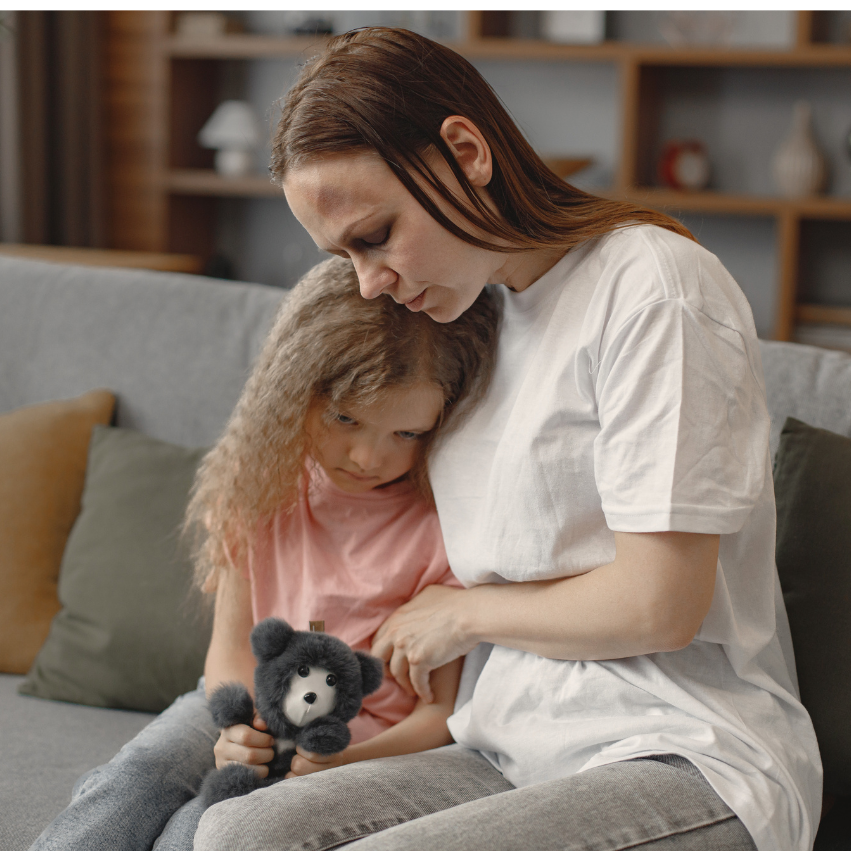Safety Plan
The safety of yourself and your children are most important.
- Get connected to community resources that can provide support in a number of ways.
- Spend time with people who are supportive.
- Document your feelings.
- Focus on your strengths.
- Give yourself permission to feel angry.
- You are not alone.

Take Care of Yourself
This includes your physical, emotional and spiritual well-being.
Before You Go
Quick To Grab Items
- Create a list of telephone numbers including RCMP, nearest women’s shelter, family and friends, schools.
- Make arrangements with friends or family so you can stay with them if necessary.
- Teach your children to use the phone and to know safety numbers.
- Create a code word so your children know when to call for help.
- Be aware of weapons that your partner has access to both in the home or at another location.
- Set aside or photocopy the following items to keep with a friend or family member. Drivers License, passports, school records, custody documentation, legal documents, lease agreement, birth certificates and health cards for yourself and children.
- Open a bank account in your own name. Save and set aside as much money as you can.
- Plan emergency exits. Plan and rehearse the steps you will take if you have to leave quickly.
- Always take your cell phone with you.
- Document and record phone calls, messages, texts and in person contacts made by the abusive partner.
- Make schools and daycares aware of court orders as well as custody and access orders. Make sure the people who take care of your children know which people have permission to pick them up.
- Keep the following in your purse: keys, bank cards, cell phone, medications, emergency money, picture of spouse.
- Purse, special toys and children’s comfort items, items with sentimental value.
- $20 or $30 cash.
- Address book/contacts.
- Medications, Inhalers, Epi-pens.

During Periods of Escalation or Incidents
- If at all possible, avoid rooms without access to a door.
- If you have access to your cell phone and if possible, during or after an incident dial 911 and do not hang up.
- Agree with the abuser to protect yourself until you are out of danger.
- Use the Code word with your children.
- Remind yourself that you have an Escape Plan and go over it in your mind.
- Upon arrival of RCMP, arrangements will be made for transportation to the nearest shelter should you choose to go.
- Let RCMP know if you require medical attention.
After You Leave
- In a new residence do what you can to increase security.
- Secure window bars, change door locks.
- Change passwords.
- Know the description of the abuser’s vehicle and make neighbors aware.
- If possible, change doctor, dentist and banks that are normally used to another location.
- Do not put your name on an apartment directory or mailbox.
- Be aware of your surroundings. Use well-lit routes when walking. Scan parking lots.
- Advise others of expected time of arrivals such as work or appointments. If your partner follows you drive or get to a safe place such as a police station.
- Document and record direct and indirect contact made by the abuser including phone calls, messages and texts.
